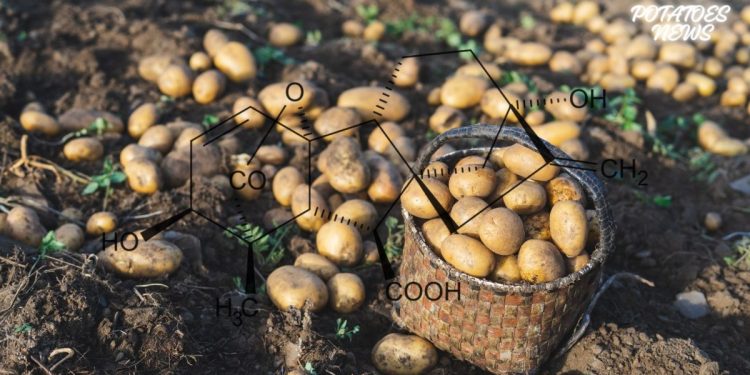Explore the untapped potential of gibberellic acid in potato cultivation. Discover how this plant growth regulator can revolutionize potato farming, boosting yields and quality while ensuring sustainable agricultural practices.
Gibberellic acid, a plant hormone, has been increasingly recognized for its role in enhancing crop productivity. In the context of potato cultivation, its application has shown promising results in promoting tuberization, increasing tuber size, and improving overall yield. According to recent studies, the judicious use of gibberellic acid can lead to a significant increase in potato yields, addressing the growing demand for this staple crop.
Moreover, the application of gibberellic acid offers additional benefits beyond yield enhancement. It aids in mitigating the effects of stressors such as drought and salinity, thereby improving the resilience of potato crops to adverse environmental conditions. This aspect is particularly crucial in the face of climate change, where extreme weather events pose significant challenges to agricultural productivity.
Furthermore, the utilization of gibberellic acid aligns with the principles of sustainable agriculture. By optimizing resource utilization and minimizing environmental impact, farmers can cultivate potatoes more efficiently, ensuring long-term viability and profitability.
In conclusion, the incorporation of gibberellic acid into potato farming practices presents a promising avenue for improving yields, enhancing crop resilience, and promoting sustainability in agriculture. As the demand for potatoes continues to rise globally, embracing innovative solutions like gibberellic acid can empower farmers to meet the challenges of tomorrow while maximizing productivity and profitability.







